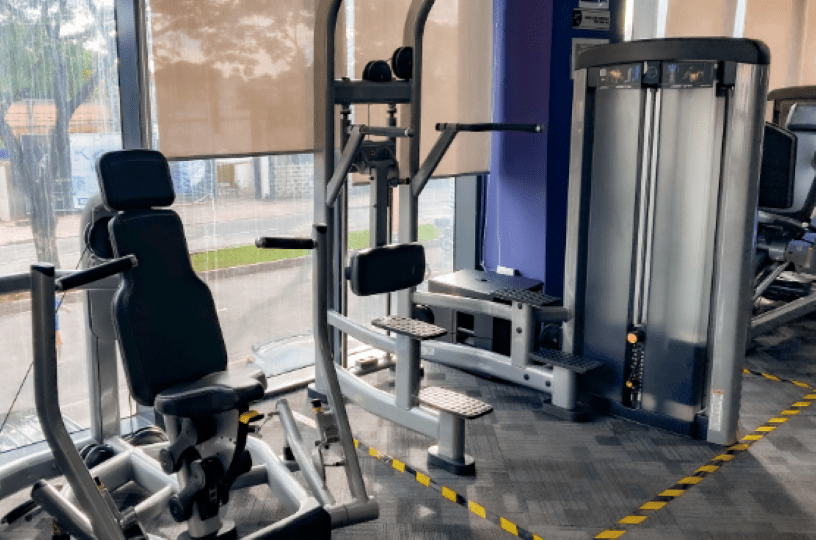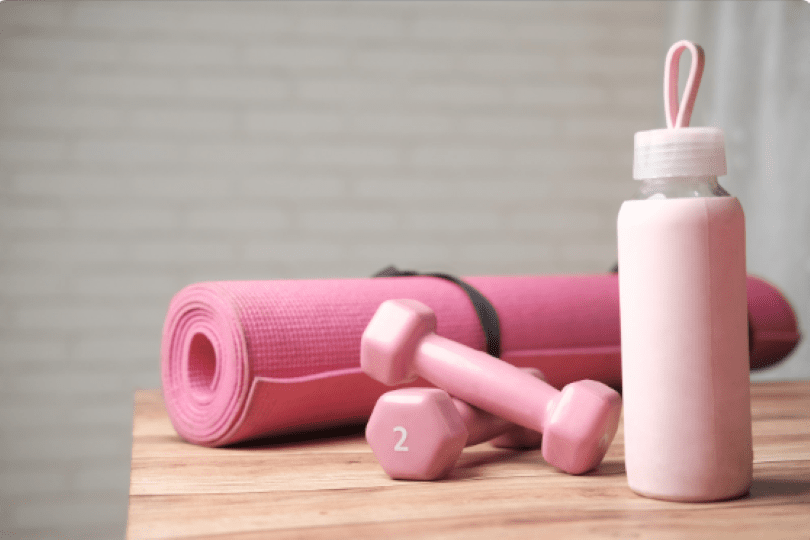Back pain is a common problem that can affect people of all ages and lifestyles. It can range from mild discomfort to debilitating pain that interferes with daily activities. While many treatments are available for back pain, it’s often possible to alleviate symptoms with simple home remedies. This article will discuss seven simple tips for relieving back pain at home.
Stretching and Exercise

One of the best ways to relieve back pain is to stretch and exercise. Gentle exercises can help to improve flexibility, increase blood flow, and reduce muscle tension. Some good options for back pain include gentle yoga, Pilates, and swimming. It’s important to start slowly and gradually increase the intensity of your workout as your back improves.
Apply Heat or Cold Therapy
Applying heat or cold therapy to the affected area can also help relieve back pain. Heat therapy can help to relax tense muscles and increase blood flow, while cold therapy can help to reduce inflammation and swelling. You can use a hot water bottle or heating pad for heat therapy and an ice pack or cold compress for cold therapy. It’s important to avoid applying heat or cold directly to the skin, as this can cause burns or frostbite.
Improve your Posture

Poor posture is a leading cause of back pain, especially in people who spend prolonged standing or sitting. Improving your posture can help alleviate this pain. To improve your posture, try to keep your back straight and your shoulders relaxed. When sitting, ensure your feet are flat on the floor and your knees are level with your hips. Avoid slouching or hunching over your desk or computer. Practicing good posture can reduce the strain on your back muscles and improve your overall spinal health.
Get a Good Night’s Sleep
Getting a good night’s sleep is crucial for overall health and can help relieve back pain. Make sure your mattress and pillows provide proper support and are comfortable. Avoid sleeping on your stomach, which can strain the back. If you have difficulty sleeping due to back pain, try sleeping on your side with a pillow between your knees. This can help keep your spine in a neutral position, reducing pressure on the back.
Practice Stress Management
Stress and tension can contribute to back pain, so practicing stress management techniques is essential. Some effective techniques include deep breathing, meditation, and relaxation exercises. Activities like yoga or tai chi can help combine physical movement with stress-relieving techniques. These techniques can help reduce muscle tension, improve posture, and increase flexibility, all of which can help alleviate back pain symptoms. So, consider incorporating stress management practices into your daily routine to improve overall well-being and reduce back pain.
Maintain a Healthy Weight
Carrying excess weight is a common cause of back pain. Carrying extra weight puts pressure on your back muscles and spine, which can cause discomfort and pain. Maintaining a healthy weight through a balanced diet and regular exercise can help alleviate these symptoms. A healthy diet can also help reduce inflammation in the body, which can contribute to back pain. Incorporating exercises that strengthen the back muscles, such as yoga or swimming, can also help improve back pain. Remember, a healthy lifestyle is key to a healthy back.
Seek Professional Help if Necessary
While home remedies can relieve many cases of back pain, it’s crucial to seek professional help if your symptoms persist or worsen. A healthcare provider can help determine the underlying cause of your back pain and recommend appropriate treatment options, such as physical therapy, medication, or surgery if needed. Ignoring persistent back pain could lead to chronic or more severe health conditions, so it’s important to seek medical attention if your back pain is not improving.
Conclusion
In conclusion, back pain is a common problem caused by various factors, including poor posture, muscle tension, and stress. Fortunately, many simple home remedies can help alleviate back pain symptoms, including stretching and exercise, heat or cold therapy, improved posture, better sleep habits, stress management techniques, maintaining a healthy weight, and seeking professional help if necessary. By incorporating these tips into your daily routine, you can help to reduce your risk of developing back pain and improve your overall quality of life.






